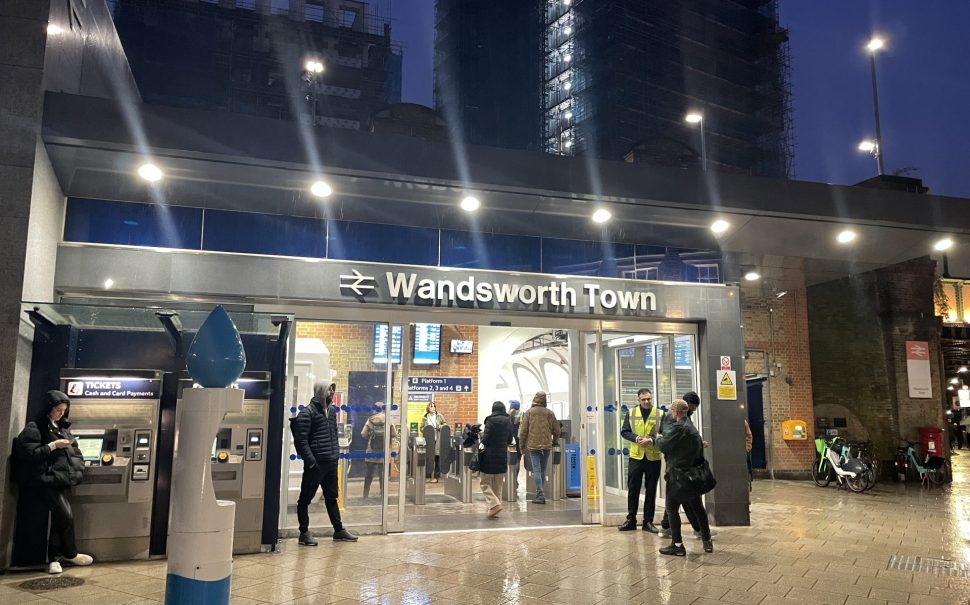Residents were shocked to learn about the Met Police’s deployment of live facial recognition vans in Wandsworth last week.
The technology operates by scanning a person’s face as they walk past, extracting key facial biometric data, which is then cross-checked against data stored in the national passport database.
Live facial recognition technology has raised several issues for activist groups in the past year, namely the lack of government legislation surrounding its use, the lack of consent required from the public, the disproportionate bias against people of colour, and the basic breaches of privacy and human rights.
Events security guard, Amanda Jules, 43, from Battersea was unaware of the Met’s van enforcement and said: “If the Home Office and the police were doing their job properly, they would not need to enforce this.”
Pauline Brueseke, who was previously a Putney Labour councillor, 82, expressed: “It’s terrible that they can use that – I do not have a computer for the very purpose of avoiding being online.
“I’ve got grandchildren and the future is looking quite scary.”
Trader, Jide Banks, 32, from Wandsworth was equally as shocked, and expressed his concerns about racial bias within facial recognition in general after a family member was misidentified when attempting to log into a cousin’s phone.
Banks said: “As a black person, it feels scary because we have a crazy history with the police.
“It highlights how poor facial recognition technology is and how far it still needs to go.”
Dozens of human rights organisations and privacy campaigner groups publicly condemned the expansion of police surveillance in the UK last year – a motion supported by 65 MPs including the former cabinet minister David Davis, Green MP Caroline Lucas and the former shadow attorney general Shami Chakrabarti.
Oliver Feeley-Sprague, Amnesty International UK’s military, security and police programme director expressed: “The Met’s facial recognition van rollout is an Orwellian violation of privacy.
“These highly intrusive, oppressive technologies are inherently unreliable and amplify racial prejudices within policing, with black and minority communities most at risk of being misidentified and falsely arrested.”
Madeleine Stone, senior advocacy officer for privacy campaigner group, Big Brother Watch stated:
“Live facial recognition turns London streets into AI-powered police line-ups, with innocent members of the public being subject to biometric identity checks.
“Papering over the cracks of a creaking policing system with intrusive surveillance technology is no solution to London’s criminal justice crisis.”
On its website, the Met states the purpose of the surveillance is: “to prevent and detect crime, find wanted criminals, safeguard vulnerable people, and to protect people from harm.”
However, while other residents that we spoke to seemed unphased about the new surveillance, they were still unaware of the vans in Wandsworth and felt uncomfortable with the invasiveness and lack of consent.
The Met Police was approached for comment.





